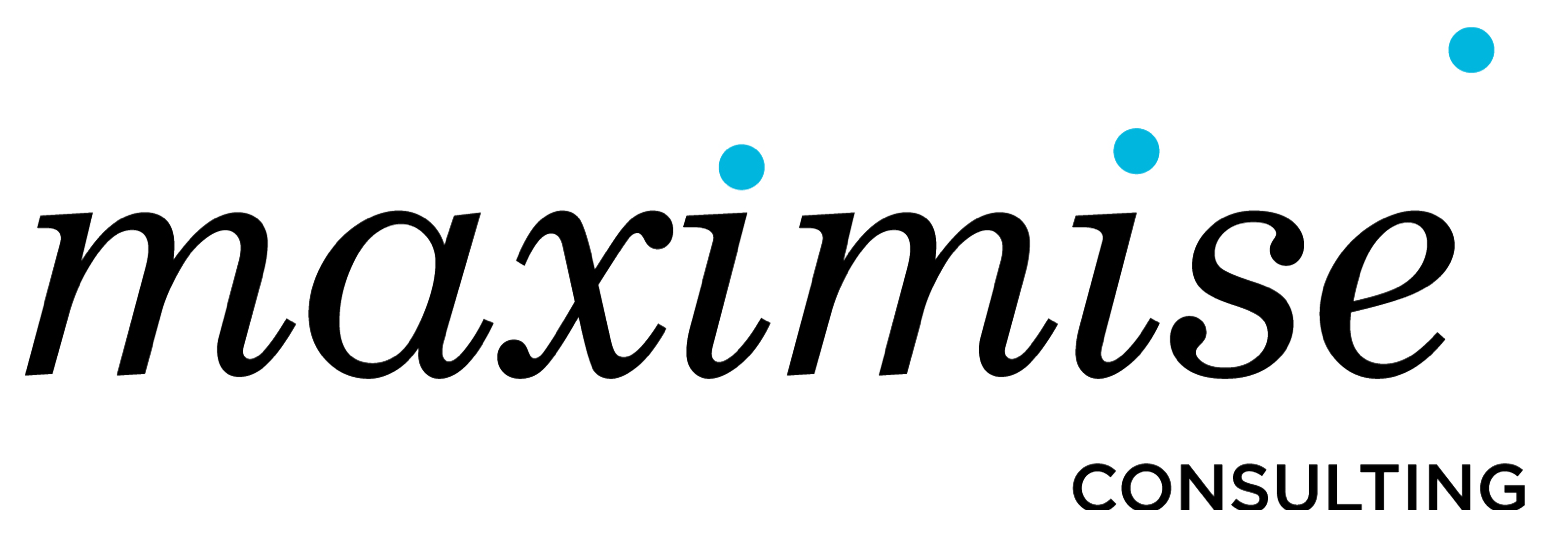Outcome driven offsites
Integrated meeting design and facilitation that primes participants for ownership and action.
Getting the right people in the room at the same time to nut out the critical issues can be a significant investment in time and resource. We want your off-site to generate maximum value and results long after the event.
It may be that simply opening up important conversations in a neutral environment that encourages connection and reenergises the group with the future direction and priorities is what matters most. It is also likely that gaining commitment to a plan of action is a desired outcome.
Alternatively, it may be that participants are invited to go well beyond business as usual and identify break-through innovation and ownership for implementation and business change.
Sometimes, a safe and contained space is needed to surface and deal with the unspoken, avoided issues that will make all the difference to unlocking more vital and productive working relationships. This may be delicate where the issues are complex, historical or with high stakes for individuals and the business.
Whatever the objectives, we work with you to get the best design and meeting approach that targets required results and return on your investment.
When to use an independent facilitator
Key benefits of using an independent facilitator include:
Streamline decision making for leadership teams that need to resolve complex issues.
Ensure sound strategies and operational plans are developed that enable the organisation to ‘get on with business’.
Maximise limited time to ensure that all agenda items are addressed and accountability for action is assigned.
Expertise to facilitate as a neutral party is not available within the organisation.
Enable contentious or sensitive issues to be addressed effectively and efficiently through an environment that balances challenge with support, ensuring all involved are encouraged to participate and achieve ownership of agreed direction, goals, and outcomes.
Facilitation specialities
Strategy and business planning
Board, executive team, and divisional strategy off-sites and planning days.
Strategy articulation – strategic intent, core purpose, vision, goals and objective setting.
Strategic thinking and decision-making processes with a bias for planning, implementation and action.
Developing and embedding corporate values.
Organisation design and restructure.
Business scorecard development. 100 day; 12month plan and milestone setting.
Workforce engagement and alignment.
Organisational change and innovation
Post-merger integration.
Large group innovation summits – stakeholder connection, ownership, execution, idea generation and project initiation.
Application and transfer of robust organisational change approaches.
Change leadership capability development.
Employee engagement planning and execution.
Stakeholder mapping and buy-in, cross-functional collaboration, and knowledge networking.
Accelerating team transition and team effectiveness.
Accelerating leadership role transition and achieving peak performance.
Leadership and team effectiveness
Lead the team through a significant period of restructure, ambiguity and uncertainty.
Better understanding of individual contribution to and awareness of team performance issues.
Establishing effective team goals, operating principles, roles and processes.
Developing or improving team dynamics, team cohesion, enhance or repair trust to enable more effective working relationships.
Engaging team commitment, accountability, ownership and energy.
Aligning team culture to achieve department and organisational goals.
Project leadership, team start up, team dynamics, and project team effectiveness.
Facilitation approach
The approach balances planned structure and emergent process, with attention to group dynamics that:
Enables the achievement of workshop objectives and outcomes
Encourages participants to work within stated time, task, and territory
Engages contribution, passion and commitment
Respects and draws on the experience and intelligence of participants as adults
Encourages people to focus on and maximise their strengths and potential to address business issues and opportunities
Encourages shared meaning, better interpersonal connections, enabling people to act rapidly, and creatively
Gives voice to multiple realities, multiple truths and leverages diversity.
Facilitation methods
A range of methods may be incorporated including, group process facilitation, small group dialogue, peer consultation, personal disclosure and reflection, group energy mapping, large group innovation conferences, using appreciative inquiry, open space technology, world café, future search, and action-learning.
Design for relevance and impact
To optimise your investment, an effective design builds ownership for sustainable outcomes back in the workplace. In addition to crafting clear agenda and objectives, meeting content and process ideally balance four fundamentals: informing, listening, connecting, and mobilising the audience for action. It is recommended where possible to involve and test the agenda with participants in advance.
